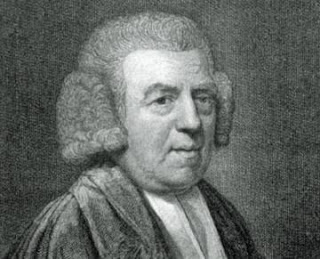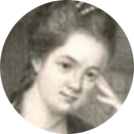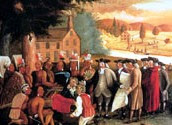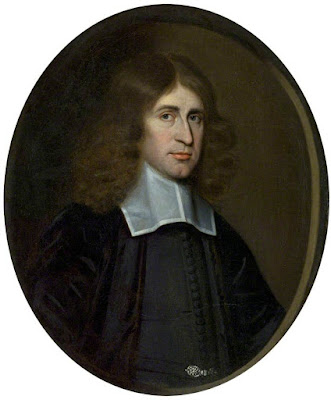Posts
Showing posts from September, 2016
Being Captivated by the Beauty of God
- Get link
- Other Apps
The Protestant Reformation: An Illustration of the Sovereignty of God
- Get link
- Other Apps
Why We Are Not Ashamed Of The C16th Protestant Reformation
- Get link
- Other Apps
John Newton (1725-1807): The Former Slaver & Preacher
- Get link
- Other Apps
The Saint and Satan’s Accusations (Gurnall)
- Get link
- Other Apps
God’s Hearty Invitation to Sinners
- Get link
- Other Apps
Behold, I stand at the door, and knock.
- Get link
- Other Apps
Of Prayer: Which is the sixth petition?
- Get link
- Other Apps
The Young Christian Lured by the World
- Get link
- Other Apps
THE PILGRIMS (an allegory) by Hannah More
- Get link
- Other Apps
Hannah More: Smaller virtues -- and lesser vices
- Get link
- Other Apps
Hannah More: A New Impulse, A Nobler Bent
- Get link
- Other Apps
Preventing the Dangers of Straying from the Truth
- Get link
- Other Apps
Of Prayer: Which is the fifth petition?
- Get link
- Other Apps
“God Arising And Pleading His People’s Cause”
- Get link
- Other Apps
The Scottish Reformation, 1532-1560
- Get link
- Other Apps
The Sin of Slander and Backbiting
- Get link
- Other Apps
Of Prayer: Which is the fourth petition?
- Get link
- Other Apps
American Covenanters and Abolitionism
- Get link
- Other Apps














